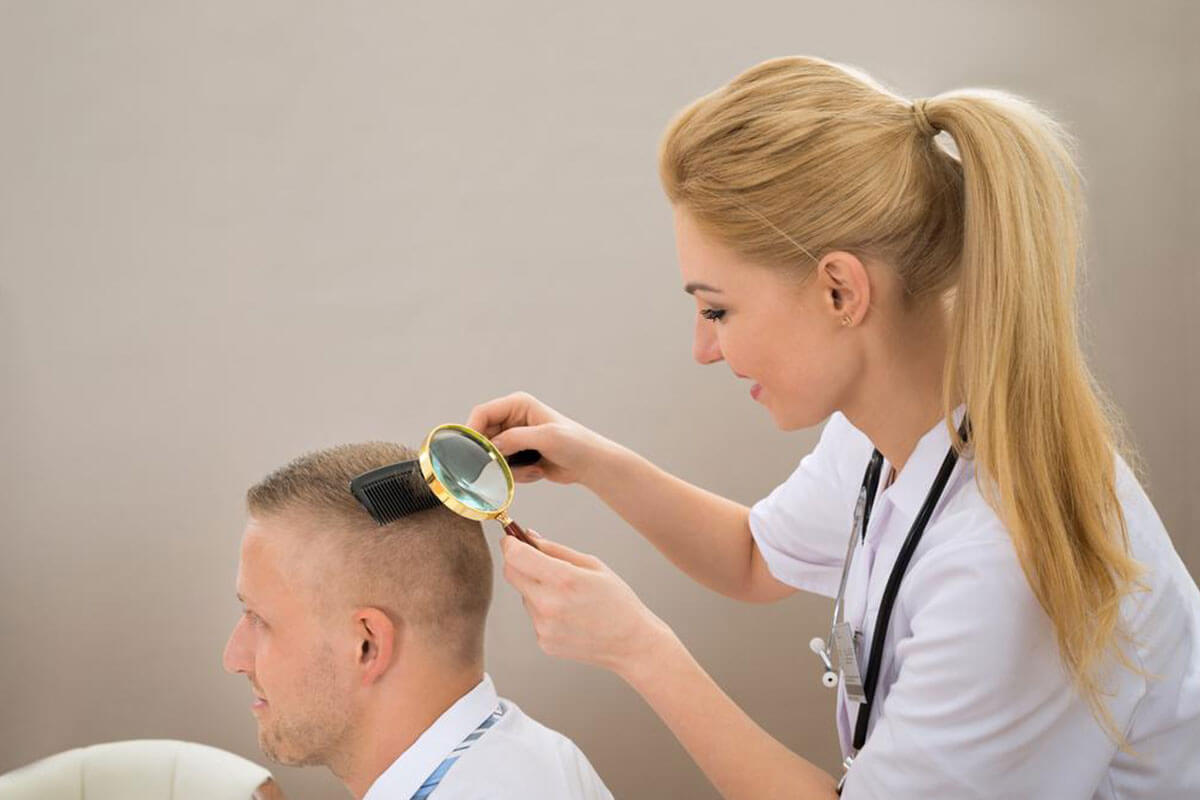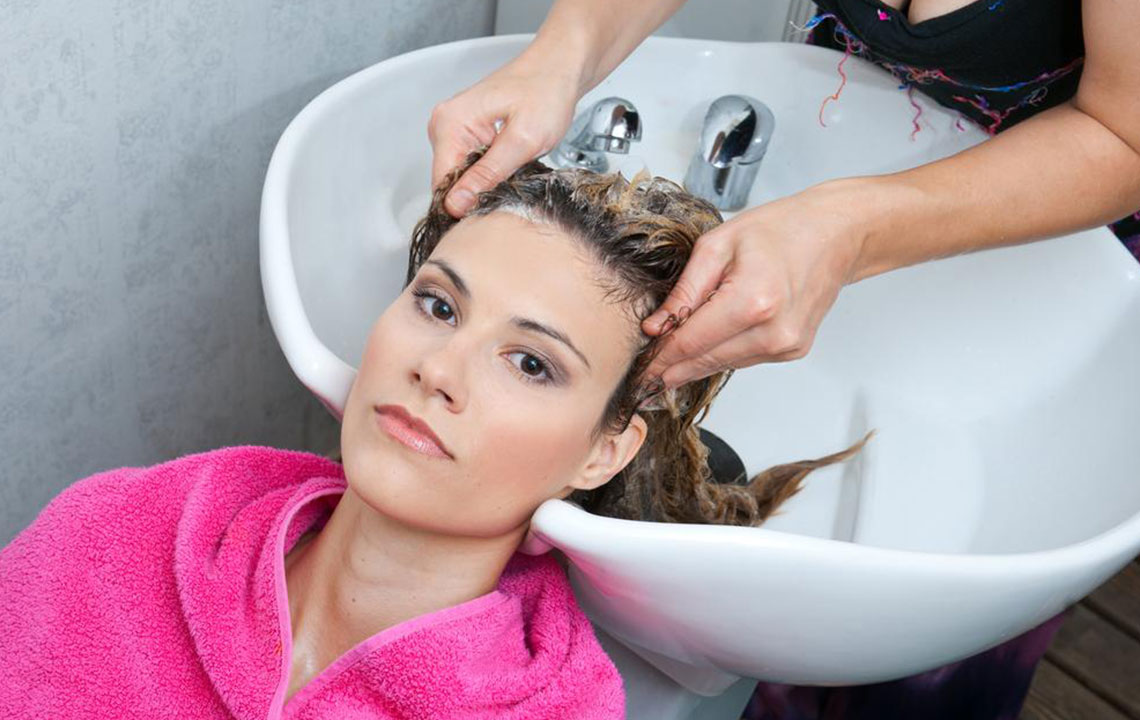Effective Strategies to Manage and Reduce Scalp Psoriasis
Learn practical and natural strategies to effectively manage scalp psoriasis, including gentle scalp care, dietary adjustments, and stress reduction techniques. These tips can help reduce flare-ups, soothe irritation, and improve overall scalp health. Consult a dermatologist for personalized treatment options for long-term relief.

Effective Strategies to Manage and Reduce Scalp Psoriasis
Scalp psoriasis is a common autoimmune skin condition characterized by red, scaly, and sometimes thickened patches on the scalp. These patches are often covered with silvery scales and can cause discomfort, itching, and redness. The severity of symptoms can vary from mild flaking to extensive scalp involvement, affecting both appearance and well-being.
Living with scalp psoriasis can be challenging, as it impacts your confidence and daily activities. While medical treatments are available, making certain lifestyle adjustments can significantly alleviate symptoms. Here are some practical tips to help you control and soothe scalp psoriasis flare-ups.
Dealing with scalp psoriasis can be physically and emotionally taxing. Although not life-threatening, it affects mental health and social interactions. Many treatments exist, including prescription medications and over-the-counter options. Alongside these, adopting healthy habits can lessen symptoms and reduce flare-ups. Here are some effective strategies to help manage this persistent skin condition and improve scalp health.
Avoid Harsh Medicated Shampoos
Many individuals with scalp psoriasis are advised to use shampoos containing salicylic acid. However, this ingredient can sometimes harm the scalp's natural moisture barrier by stripping essential oils, leading to increased dryness and irritation. Instead, consider gentler cleansing routines—consult your dermatologist for suitable alternatives that keep your scalp clean without aggravating symptoms.
Choose Natural Remedies
Maintaining moisture is key to managing scalp psoriasis. Natural solutions like applying aloe vera gel directly from the plant or using coconut oil can help reduce inflammation, scaling, and itching. These remedies support scalp hydration and can be incorporated into your weekly routine, leading to fewer flare-ups and healthier hair.
Handle Shampooing Gently
Rough scrubbing or vigorous rubbing during washing can worsen scalp psoriasis. Instead, gently massage the scalp with your fingertips to clean without causing irritation. Using lukewarm water and mild shampoos promotes scalp health and minimizes discomfort.
Use Scalp Scale Softening Agents
Dermatologists often recommend applying scale softeners or depigmentation solutions that loosen thick plaques, making them easier to remove. Be cautious while cleaning scales—picking or scraping aggressively can lead to bleeding or scarring, worsening the condition. Patience and gentle handling are essential for safe removal.
Incorporate Healthy Fats into Your Diet
Eating foods rich in omega-3 fatty acids, such as fish, flaxseeds, or walnuts, can help reduce inflammation associated with scalp psoriasis. Using healthy oils like olive or coconut oil in your meals supports scalp hydration and overall skin health, potentially decreasing flare-ups.
Manage Stress Effectively
Stress can exacerbate psoriasis symptoms and contribute to hair loss. Engaging in relaxing activities or mindfulness practices helps reduce stress levels, promoting healthier scalp conditions. Maintaining a positive mental state is a vital part of managing psoriasis holistically.










